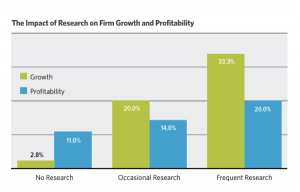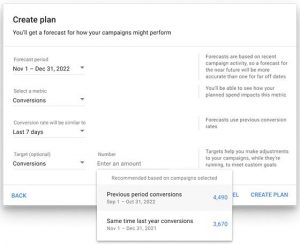If you’ve recently founded or taken over a small business, it’s time to start learning how to optimize your new website for both search engines and viewers. To help you get started, we’ve compiled a list of four SEO tips that can be used to establish a firm foundation for your company’s future search engine optimization campaigns:

1. It’s good to be unique
Search engines favour content that is completely original and unique. Content that you have reposted or copied from other sites will not help you reach the first page of the SERPs (Search Engine Results Pages). In fact, it will see you penalised, and you’ll drop down quite far in the rankings. As the founder of a new business or the new owner of an existing one, you have a golden opportunity to create a new website with bold, original content that viewers and search engines alike will love. Because you don’t have to work with a pre-existing website, you don’t have to worry about it being weighed down with copied, generic content. With just a little work, your new site can be a beacon of original, high-quality content – with no ‘filler’ that might drag down its position in the SERPs. Of course, climbing to the first page of a search engine’s results takes time, but the process will be a lot quicker for sites that start out with fresh content and new ideas.

2. Variety is the spice of life
Search engines are no longer confined to performing general searches for web pages. Today’s engines allow web-users to search for specific content-types, such as images and videos. Naturally, you want your website to show up in every type of search, as this will increase the number of web-users who will come across your site. You shouldn’t risk potential customers missing your website simply because they were performing an image or video search, rather than a general search! Make sure your site contains a wide variety of different content-types to make sure you attract viewers from every type of web-search. It’s also worth bearing in mind that viewers tend to prefer sites that have multiple forms of content to offer – nobody likes being confronted with an unbroken wall of text, after all!

3. Keywords require care
Everyone knows that keywords are a vital part of any SEO strategy. They are the primary tool that search engines use to determine how relevant a web page is to the search a customer entered. Working keywords and long-chain key phrases into your site’s content is therefore essential. However, you may not realise that it’s possible to overuse keywords. Today’s search engine algorithms can spot when keywords have been awkwardly and inorganically ‘stuffed’ into content, and will penalise sites for it. Regardless of what keywords you want to rank for in the SERPs, you need to make sure that they appear in your content as naturally as possible and aren’t used excessively or in a way that suggests they have been ‘shoe-horned in’.

4. Your site is never ‘done’
When you’ve put together an effective, engaging website, it might be tempting to lean back, admire your work and call it a day. However, the SEO landscape is constantly shifting and changing. What’s more, search engines favour sites that regularly change or update their content. As such, you should never think of your website as being 100% complete – it can always be tweaked, updated and improved. Obviously, it doesn’t need to be completely overhauled every other day, but it pays to devote a few hours a week to making minor adjustments or adding fresh blog posts.

5. Keep an eye on your stats
These days search engines use a number of user signals to rank your page, these determine whether visitors are engaging with your site and content. Search engines are out there to make money at the end of the day so they want to send their users to the most relevant content for their search, otherwise people would stop using them. Metrics to keep an eye out for include bounce rate – or more specifically reducing your bounce rate as much as possible, dwell time and SERP click through rate. The best place to get this data is from Google Analytics and Google Search Console (formerly Google Webmaster Tools).
Regardless of what kind of business you run, the SEO advice we’ve provided here can help you put it on the map or, quite literally, on the first page of the SERPs!
(205)
Report Post







